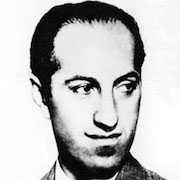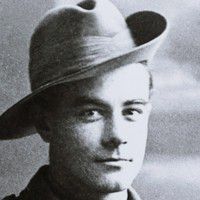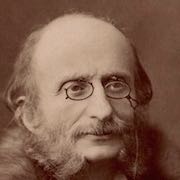Albert Szirmai (sometimes credited as Albert Sirmay) (2 July 1880 –15 January 1967) was a Hungarian operetta composer and music editor. Szirmai was a graduate of the Budapest Academy of Music, studying piano and composition (with Hans Koessler). Szirmai received a doctorate in music from the University of Budapest, and was devoted to creating works for the stage. He wrote music for 12 one-act plays and over 300 songs for the Budapest theater Népszínház-Vígopera, at which he was musical director. When his first operetta, The Yellow Domino, met with success, he decided to continue in the genre; it is due to the works of Szirmai, Emmerich Kálmán, and Victor Jacobi, among others, that the Hungarian operetta gained recognition internationally at the beginning of the 20th century.
Szirmai was born in Budapest. On September 3, 1923, he arrived in New York City aboard the SS Leviathan and took a post as music director for Chappell Music (a publishing house now owned by Warner Music Group). He was music editor for such Broadway luminaries as Jerome Kern, Cole Porter, Richard Rodgers and George Gershwin, and for a collection of the British duo Gilbert and Sullivan. Szirmai made headlines in 1965, when he discovered 100 unpublished songs Porter had written from 1924 to 1955, in Porter's nine room apartment in the Waldorf Towers shortly after Porter's death. "I would call the material a rich musical heritage," Szirmai told The New York Times. "There is enough material for one or two Broadway musical scores. There are dozens of excellent songs." Though he lived in America for most of his later years and was a good friend of Gershwin, Szirmai eschewed the jazz styles popular at the time; in addition to the folk music of his native Hungary, his music shows the influence of German Romanticism, particularly Felix Mendelssohn and Robert Schumann, whom he most admired. He died in New York.






